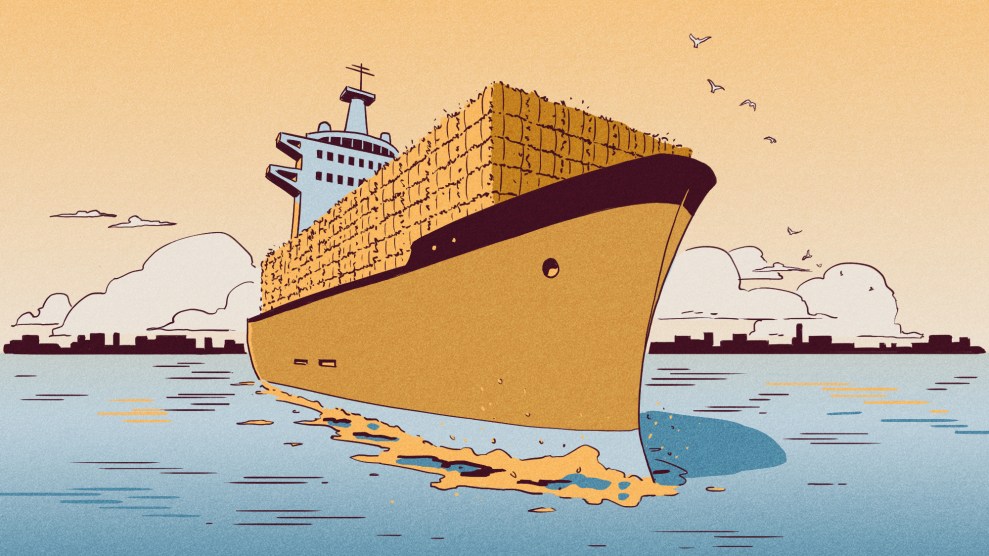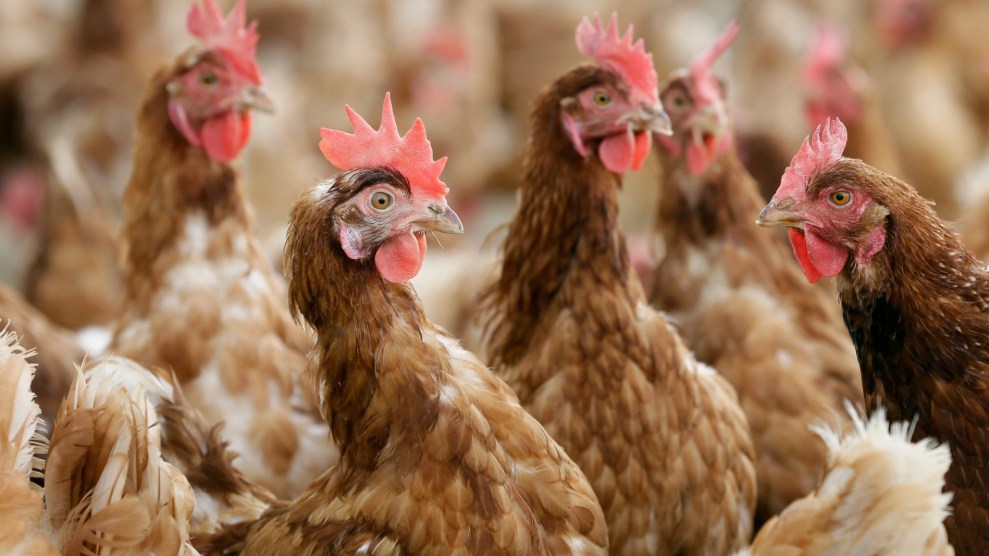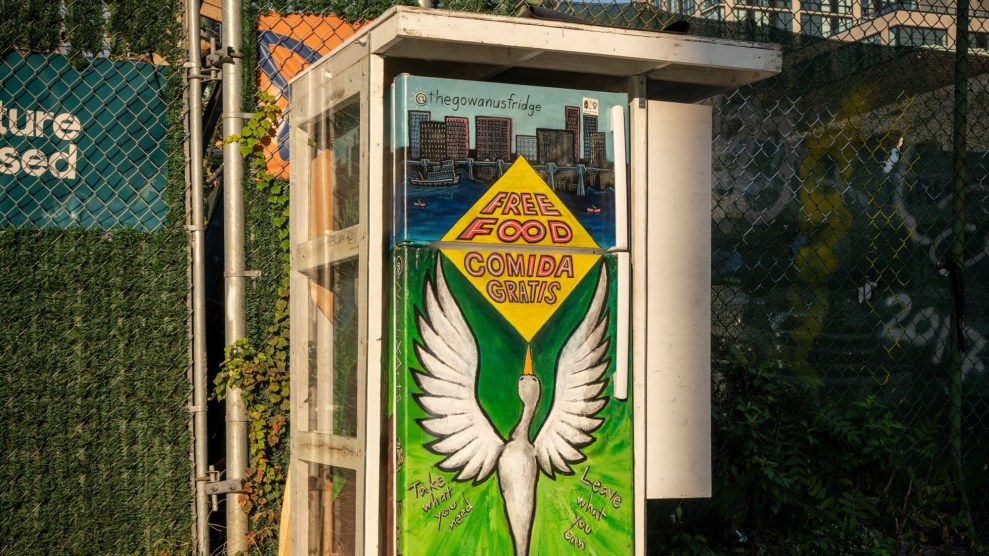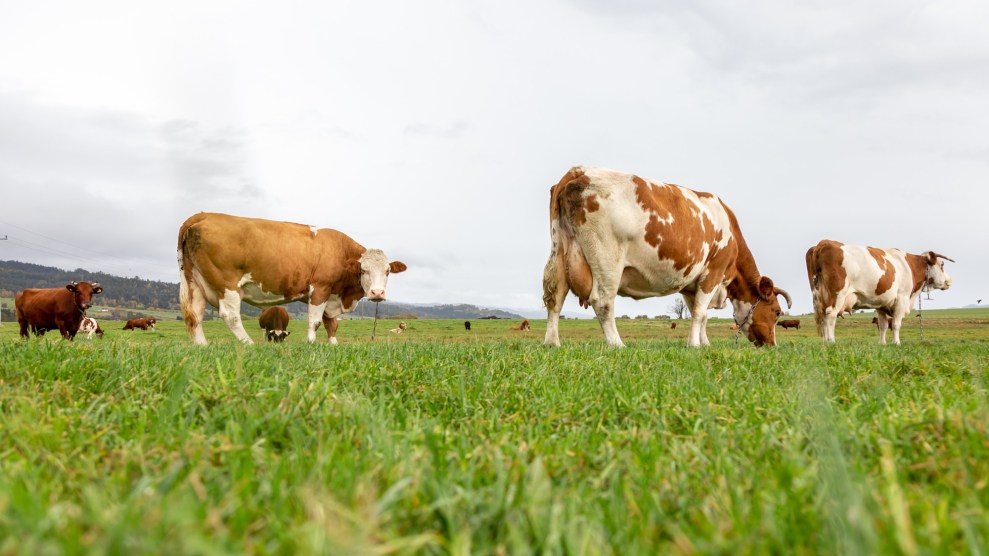Mother Jones: Of all the things the Bush administration leaves behind, what will be the easiest, and hardest, things to fix?
Marion Nestle: In my area, three issues leap to mind: the systematic destruction of the FDA, leaving our food-safety system in peril; the expanding income gap between rich and poor that has so increased food insecurity; and the failure to address environmental causes of childhood obesity. The first two will be the hardest to fix. The FDA needs not only money, but talented and politically independent personnel. The rising income gap requires a major restructuring of tax and welfare policies and renegotiation of the social contract between rich and poor. The obesity problem requires limits on food marketing to children; school lunches tied to instruction about nutrition, health, and food production; and development of supervised play areas and community resources such as bicycle paths. All of those ought to be relatively easy, given political will.













